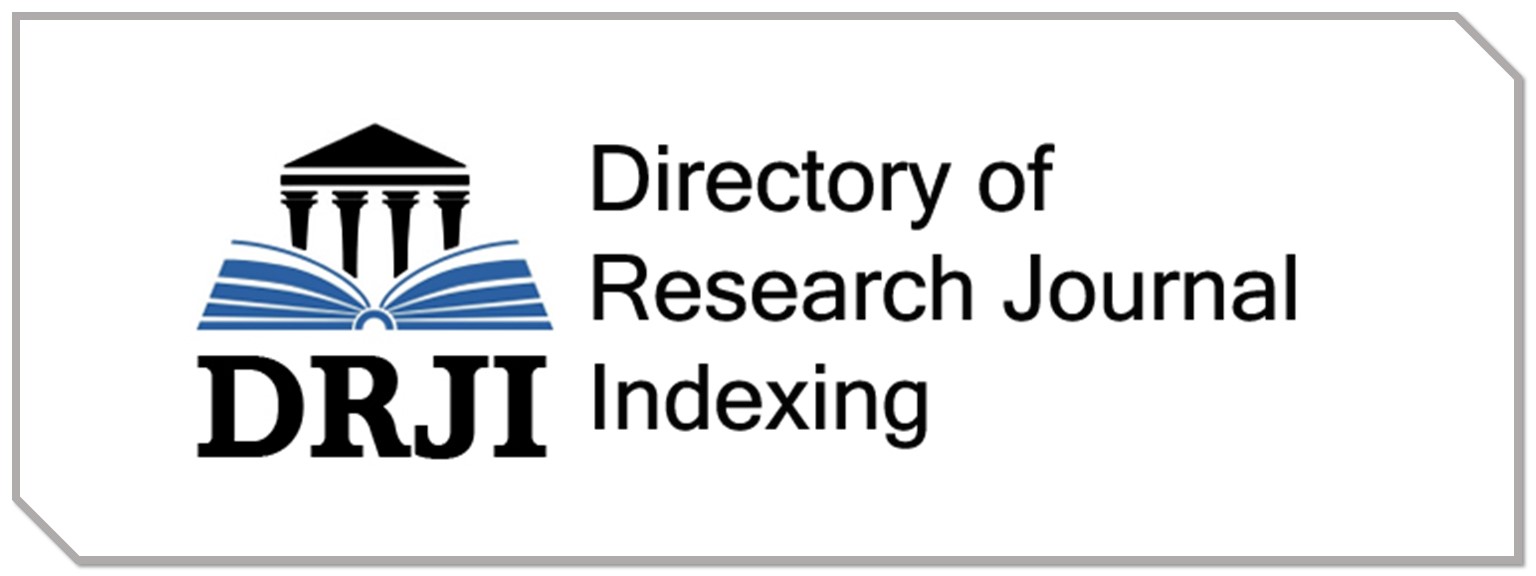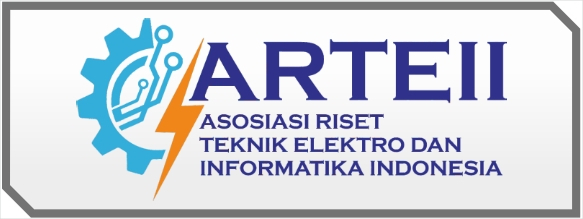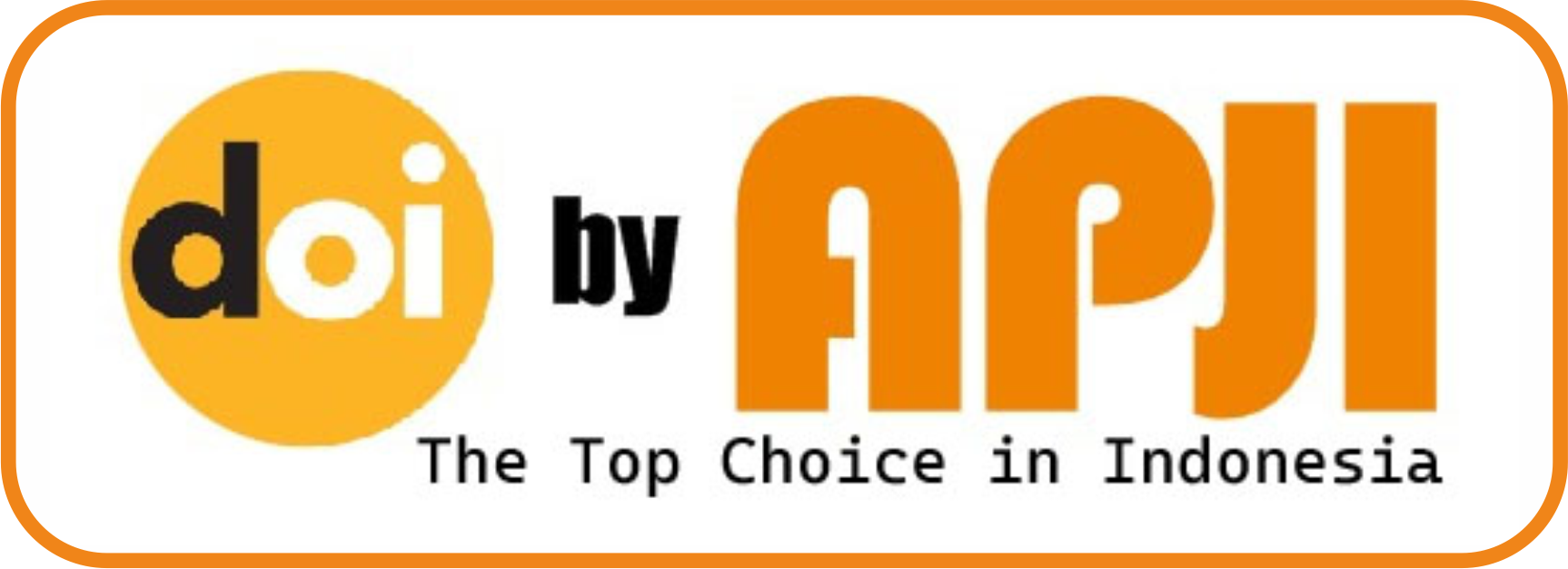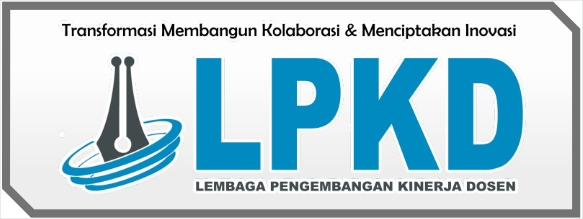Peranan LMS Terhadap Evektivitas Belajar Mahasiswa Universitas XYZ Dengan Metode Pembelajaran Multi Channel Learning
DOI:
https://doi.org/10.55606/jupsim.v3i1.2361Kata Kunci:
Lecturer, Effectiveness, Learning Management System, Multi Channel Learning, StudentsAbstrak
In the current era of globalization, various things can be associated with information technology. This is because information technology can support daily human activities in various fields, especially education. In this study, the authors wanted to know the role of LMS on the effectiveness of student learning at XYZ University using the Multi Channel Learning method. The research methodology used by the author uses the method of observation and literature study. By conducting this research, the authors hope to provide many benefits to the world of education, especially XYZ University, so that readers can see how LMS plays a role in the effectiveness of learning for students. The results of the study prove that the teaching and learning process using LMS can make it easier for students and lecturers to interact anywhere. In addition, the teaching and learning process is well documented so that it can be accessed at any time by students and lecturers.
Referensi
Darudiato, S., & Wibowo, K. I. (2013). Binusmaya sebagai Sumber Materi dalam Pembelajaran Berbasis E-Learning. ComTech: Computer, Mathematics and Engineering Applications, 4(2), 1070. https://doi.org/10.21512/comtech.v4i2.2549
Duta, I. P. G. P., Rio, Febriansyah, M. R., & Anggreainy, M. S. (2021). Effectiveness of LMS in Online Learning by Analyzing Its Usability and Features. IEEE Xplore.
Ekawati, A., Sugandi, L., & Kusumastuti, D. L. (2017). Blended learning in higher education: Does gender influence the student satisfaction on blended learning? IEEE Xplore.
Farham Hikam STIT Al-Farabi Pangandaran, F. N. (2020). PERAN KELUARGA DALAM PEMBELAJARAN BERBASIS E-LEARNING PADA MASA WABAH COVID-19. In Jurnal Pendidikan dan Dakwah (Vol. 2). Retrieved from https://ejournal.stitpn.ac.id/index.php/pandawa
Fecira, D., & Abdullah, T. M. K. (2020). Analisis Penerimaan E-Learning Menggunakan Technology Acceptance Model (Tam). Intelektiva : Jurnal Ekonomi, Sosial & Humaniora, 02(04), 35–50.
Irvianti, L. S. D., Hurriyati, R., & Dirgantari, P. D. (2021). Student Acceptance of E-Learning System During Covid-19 Pandemic. Proceedings of the 5th Global Conference on Business, Management and Entrepreneurship (GCBME 2020), 187(Gcbme 2020), 343–346. https://doi.org/10.2991/aebmr.k.210831.067
Kaburuan, E. R., Swat, A., Lindawati, L., Permana, N., & Rahmanto, T. (2020). User Experience Evaluation on University ’ s Learning Management System ( LMS ). (Creativearts 2019), 176–184. https://doi.org/10.5220/0009318601760184
Ningsih, R. Y., Rahmat, A., & Boeriswati, E. (2021). The Effectiveness of Multichannel Learning Model at Higher Education. https://doi.org/10.1088/1755-1315/704/1/012032
Priyo Atmojo, Y., Luh Putri Srinadi, N., Riza Hilmi, M., Made Darma Susila, I., Pramana Hostiadi, D., & Sulistyo Rini, E. (2022). Pelatihan Pemanfaatan Learning Manajemen Sistem (LMS). In WIDYABHAKTI JURNAL ILMIAH POPULER (Vol. 4).
Unsriana, L., Dharma, H. R. ., & Novella, U. (2023). The Effect of Learning Facilities and the Role of Lecturers on Interest in Hybrid Learning: A Case Study at Binus University. IEEE Xplore.




















